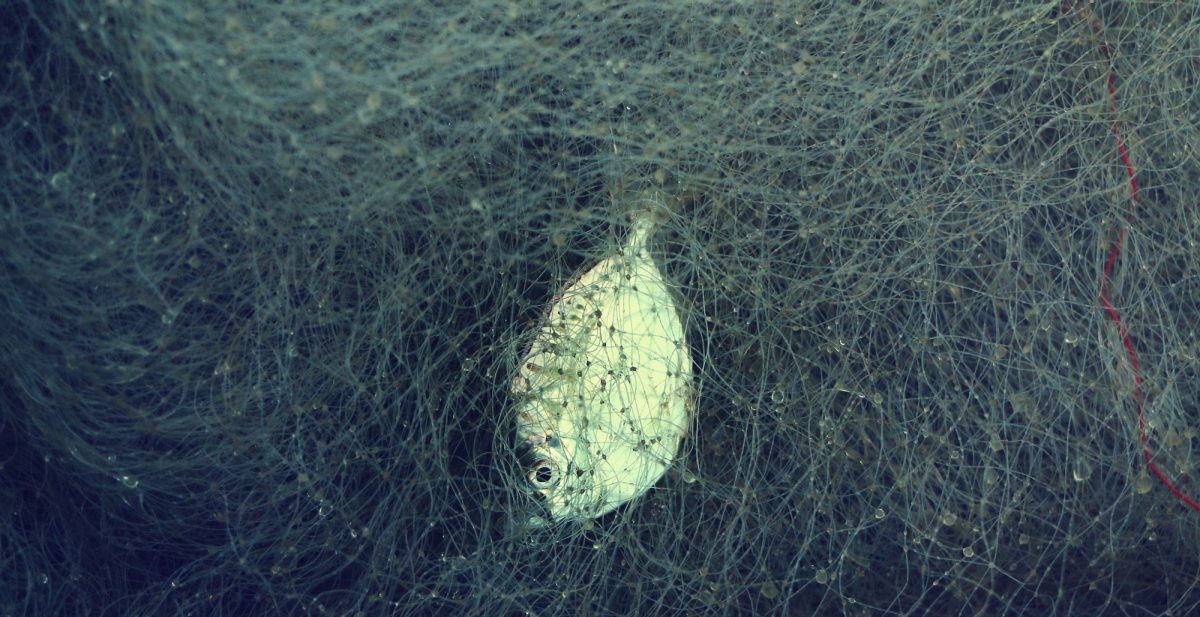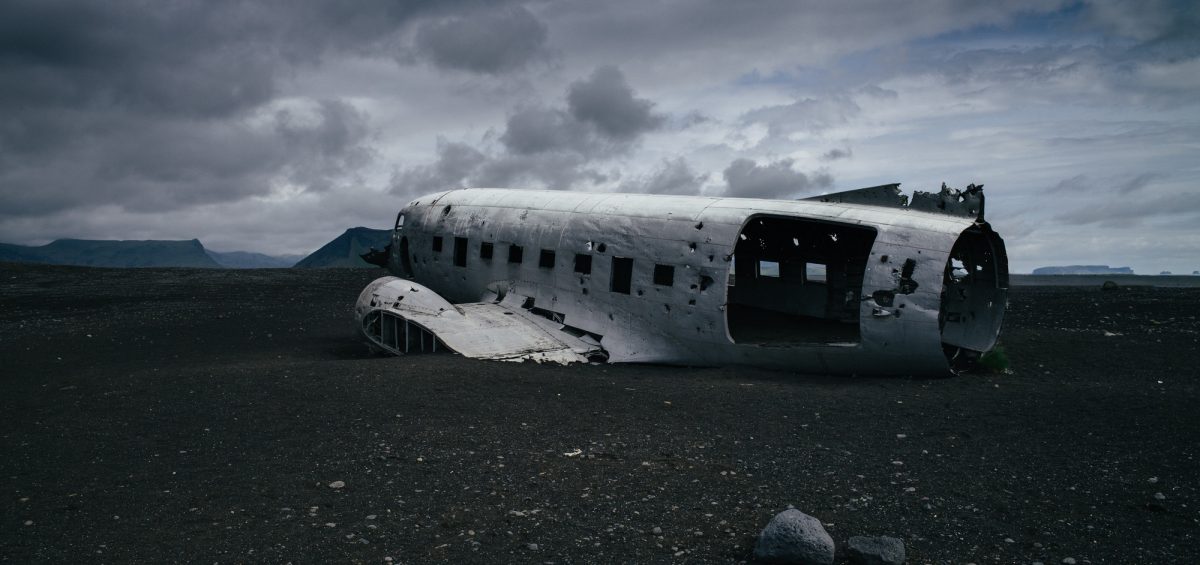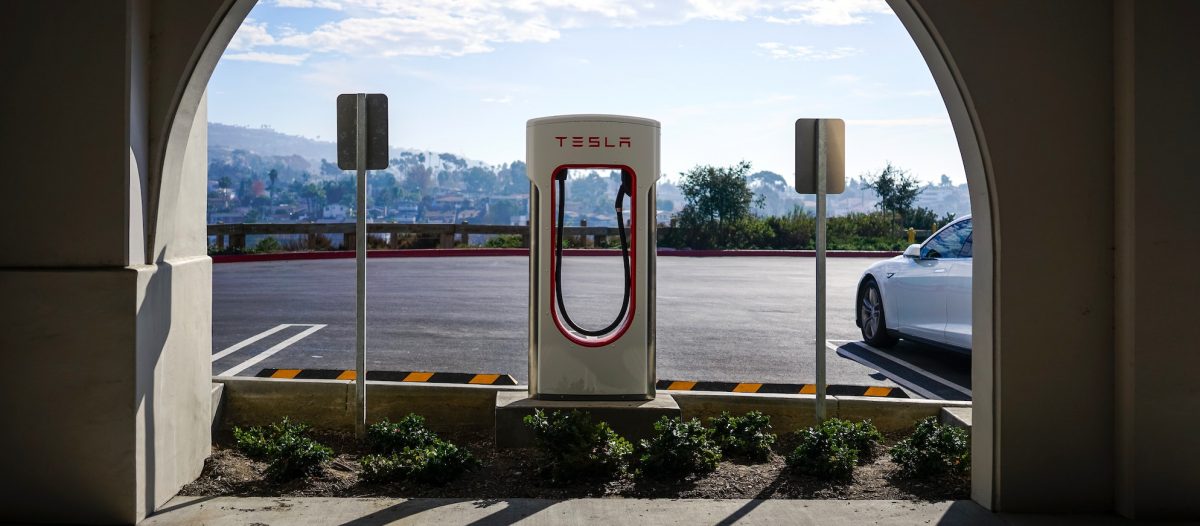What do we want?
Climate action!
When do we want it?
Now!
If you have been to any climate protests recently you have probably heard the above rallying cry. Against the backdrop of deeply coordinated climate inaction on behalf of governments and corporations in rich nations, calling for climate action makes perfect sense.
We can view ‘climate action’ as any activity that aims to push us away from business as usual, from the status quo, in order to reduce harmful greenhouse gas emissions.




